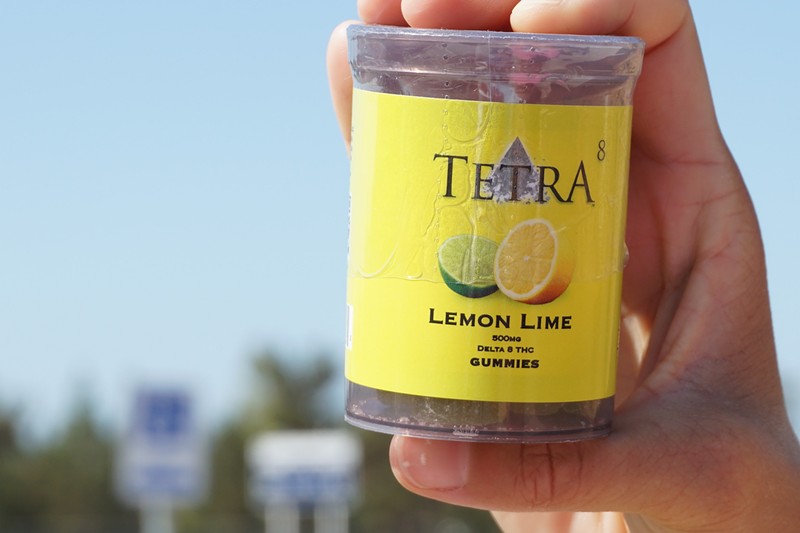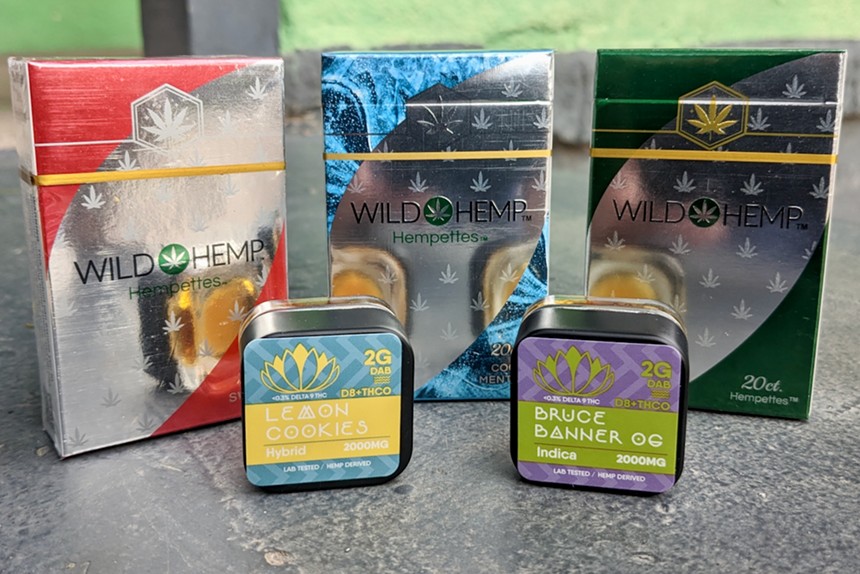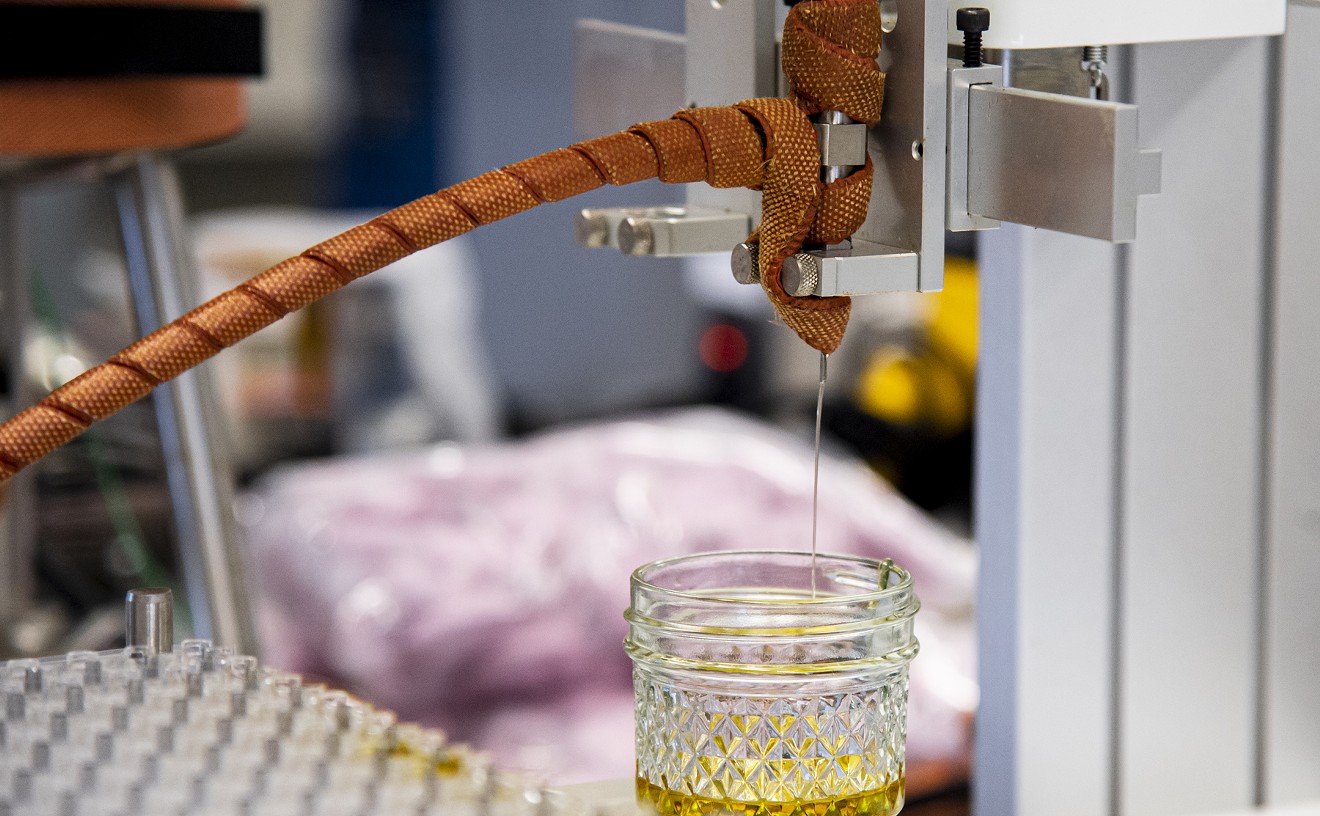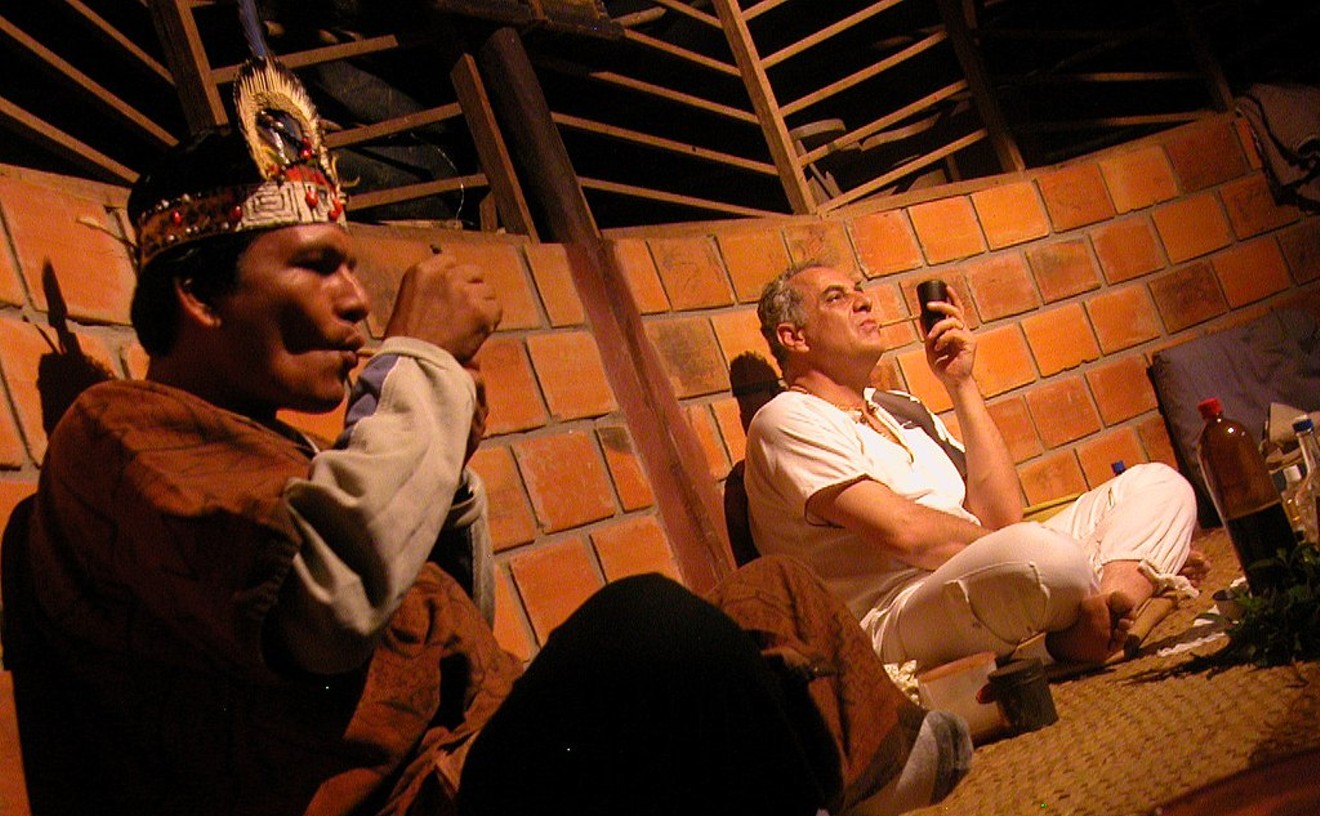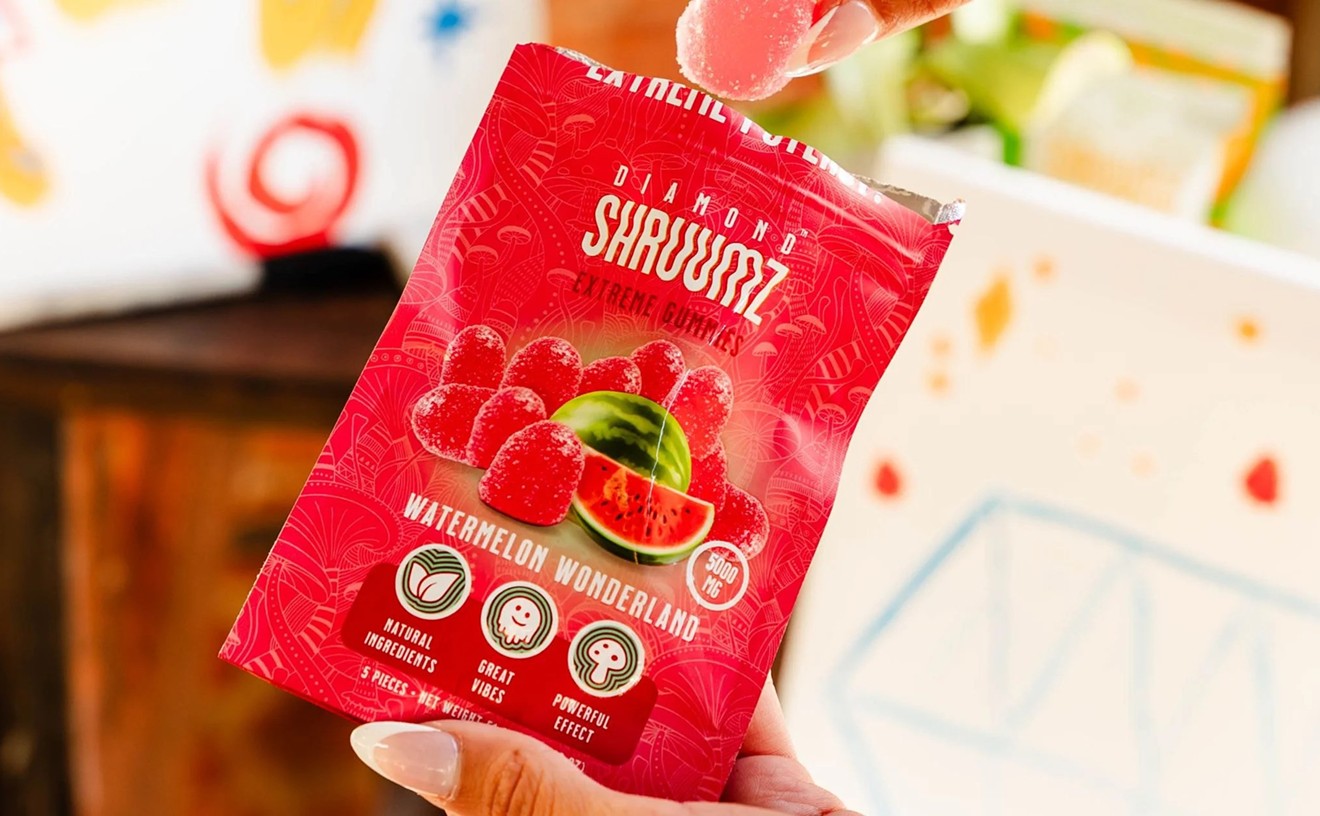If passed, SB 1271 would keep the regulation of hemp and hemp-derived products under the jurisdiction of the Arizona Department of Agriculture — and away from the stricter scrutiny that marijuana faces by the state Department of Health Services.
Federally, legal hemp is defined as a cannabis plant containing less than 0.3% of delta-9 THC — the naturally occurring intoxicating compound of the cannabis sativa plant. Any cannabis plant with levels greater than 0.3% is categorized as marijuana.
Unlike the highly regulated marijuana industry, which determines potency by testing the final byproduct of the plant, only harvested hemp stalks are tested to ensure they are below the delta-9 THC threshold. However, the current testing strategy has one major flaw.
“The way the 2018 Farm Bill defined marijuana is anything greater than 0.3% delta-9. So the little loophole within that is that these other intoxicating cannabinoids that are found in the plant can actually be synthetically derived or chemically manipulated into higher concentrations,” Maureen Roland, managing director for the Banner Poison & Drug Information Center told Phoenix New Times.
Delta-8 THC, a minor cannabinoid within the cannabis sativa plant, is not naturally potent enough to induce psychoactive effects when consumed. However, when it is synthetically produced in greater concentrations, it can act just like delta-9 THC and cause consumers to become high.
“We see these synthetic products that have been independently lab tested to have hundreds if not 1,000 times the concentration of delta-8 THC that you would find in the naturally derived plants,” Stephen Dudley, director of the Arizona Poison and Drug Information Center, said during a state Senate Health and Human Services Committee hearing on Feb. 14.
According to Borrelli, the Senate Majority Leader, hemp-derived products such as delta-8 gummies, which are available for purchase at many gas stations in the state, do not contain intoxicating levels of THC.
Borrelli testified during a state House Land, Agriculture and Rural Affairs Committee hearing on March 13 that “expecting to get high off of hemp products is like drinking a case of O’Doul's [non-alcoholic beer] and expecting to get drunk. You’re just going to waste your time.”
100 delta-8 poisoning cases in metro Phoenix
The FDA and Banner PDIC disagree. “Delta-8 THC products may be dangerous to consumers. Delta-8 THC has psychoactive and intoxicating effects, and the FDA has received reports of adverse effects experienced by patients who have consumed these products,” the FDA tweeted in May 2022.
Poison control centers across the U.S. received 2,362 cases of exposure to delta-8 THC products between Jan. 1, 2021, and Feb. 28, 2022.
Roland said there were more than 100 suspected delta-8 poisoning cases in metro Phoenix between January and April this year — 77 of which involved children. But obtaining the exact number of individuals who experienced symptoms of delta-8 poisoning is tricky.
Currently, Arizona hospitals are not equipped with the sensitive testing equipment required to detect specific cannabinoids in a person’s body. “Delta-8 confirmation is coming from the information listed on the packages patients bring with them to the emergency room. There are only a couple of laboratories within the United States that can test for [delta-8],” Roland said.
Because packaging regulations for delta-8 products do not exist in Arizona, emergency room doctors often don’t know the exact ingredients of a product, so diagnoses can be speculative.
Still — similar to the early days of the fentanyl crisis — Arizona emergency rooms and poison control centers are using deductive reasoning to determine whether a patient is experiencing side effects related to the consumption of unregulated delta-8 products.
The FDA lists hallucinations, vomiting, tremors, anxiety, dizziness, confusion and loss of consciousness as possible side effects of consuming delta-8 products with unknown quantities of THC. Roland added that children who mistakenly partake of these products can experience extreme lethargy and systemic upset.
“Those under the age of five have smaller airways, so the most common side effects like nausea, vomiting, systemic upset and lethargy can cause a huge airway risk. We have had to intubate several children because of it,” Roland said.
Even if a person does not become sick from consuming unregulated delta-8 products, Roland noted other negative consequences.
“[Delta-8] could trigger a THC-positive test result on urine drug screenings. So people could be losing their jobs, thinking that they're taking benign CBD gummies for their arthritis, when in fact the gummies have extremely high levels of THC in them,” Roland said. “The bottom line is that packaging [regulation], age restrictions, concentration testing need to be done on any of these products that people are going to be consuming.”

